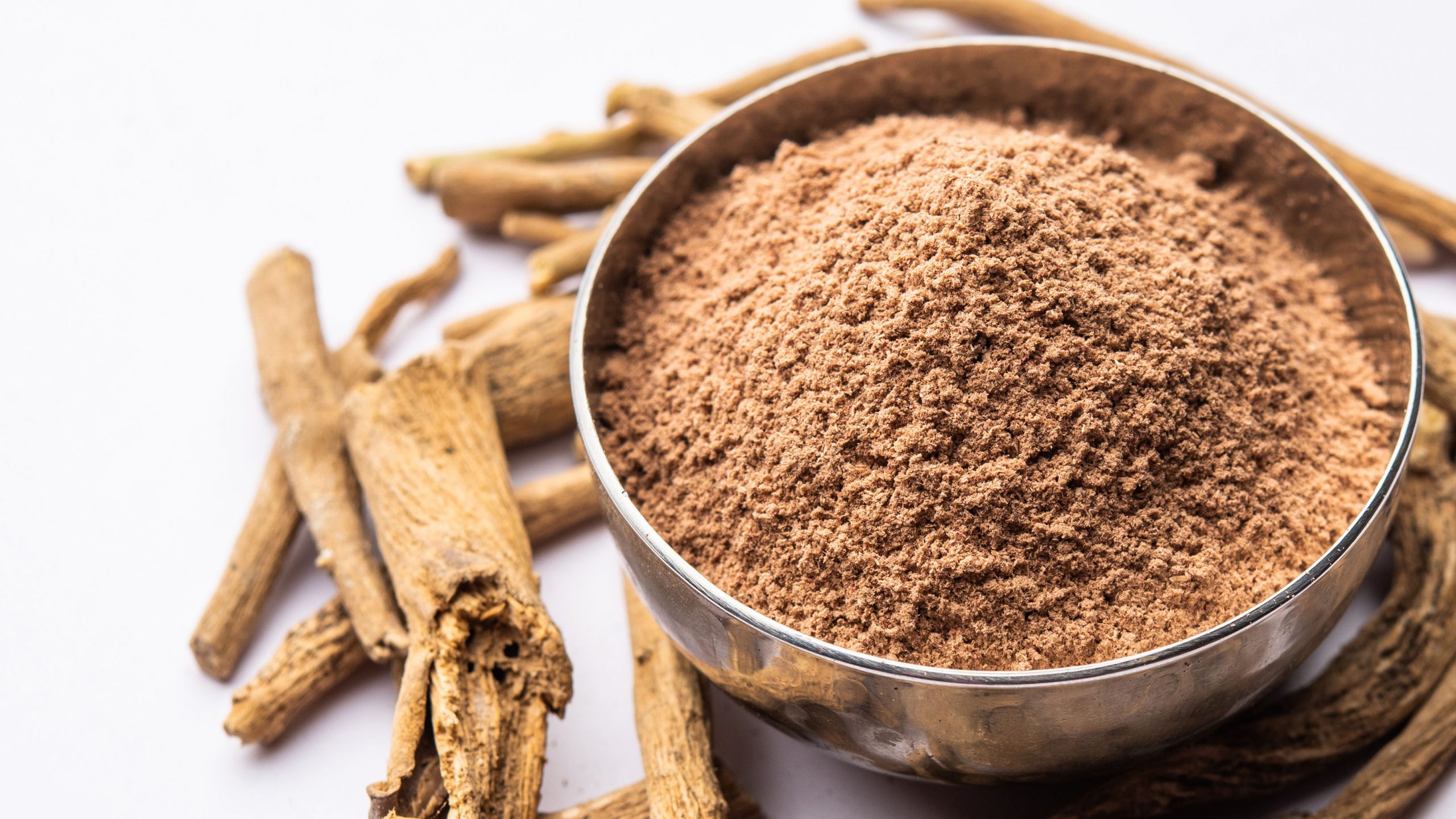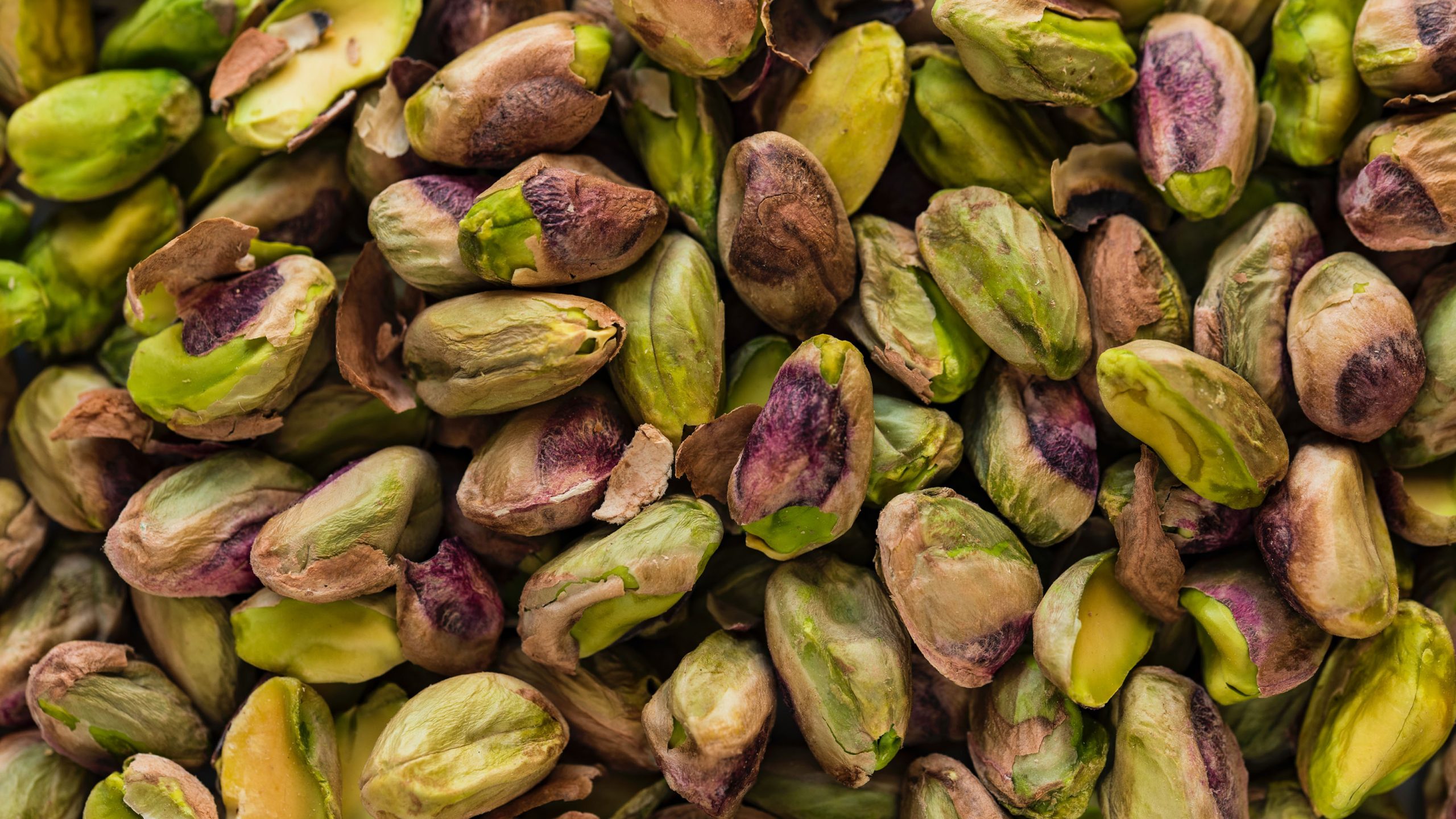What is Rhodiola rosea?
Rhodiola rosea, also known as golden root or queen's crown, is a plant that grows in the cold
regions of Europe and Asia, as well as Alaska.
What part is used of the Rhodiola rosea plant?
Specifically, it is the root of this plant that is processed to obtain the extracts used in the
preparation of supplements. The active ingredients in Rhodiola rosea include glycosides such as
rosavins and salidrosalides, organic acids, and tannins. Salidrosalide is the most pharmacologically
active compound.
What are the main characteristics of Rhodhiola rosea?
Rhodiola rosea root and rhizome are classified by the European Medicines Agency (EMA) as a
traditional herbal medicine for the temporary relief of stress symptoms such as fatigue and
weakness.
Rhodiola rosea's salidrosalide stimulates the production of serotonin, adrenaline, and dopamine,
improves mood, and also enhances intellectual performance.
| Study title | Conclusions | Authors |
|---|---|---|
| Monograph on herbs of the European Union. | Drafted by the EMA European Medicines Agency. | Rhodiolae roseae rhizoma et radix | European Medicines Agency |
| The effects of Rhodiola rosea extract on serotonin level, cell proliferation, and quantity of neurons in the brain hippocampus. | The results showed that Rhodiola rosea extract can improve the level of 5-HT in the hippocampus of depressed guinea pigs, and that a low dosage of Rhodiola rosea can induce the proliferation of neural stem cells in the hippocampus to return to the normal level, repairing damaged neurons in the hippocampus. | Q. G. Chen The effects of Rhodiola rosea extract on 5-HT level, cell proliferation and quantity of neurons at cerebral hippocampus of depressive rats - PubMed |
| Effects of Rhodiola rosea L. extract on behavioral and physiological changes induced by chronic mild stress. | The effects of the extract are comparable to those of fluoxetine (antidepressant). Interestingly, neither Rhodiola nor fluoxetine affects the behavioral and physiological parameters tested in non-stressed animals. These results showed that chronic administration of Rhodiola results in potent inhibition of behavioral and physiological changes induced by chronic exposure to mild stressors. | L. Mattioli, C. Funari Effects of Rhodiola rosea L. extract on behavioural and physiological alterations induced by chronic mild stress in female rats - PubMed |



